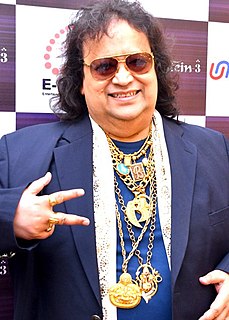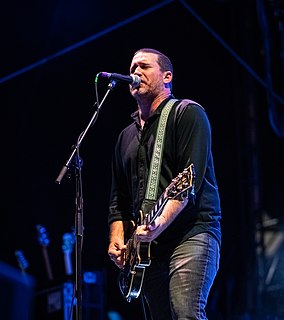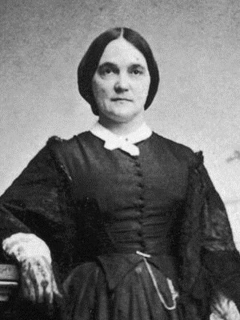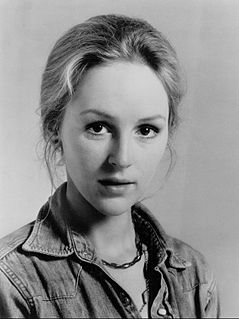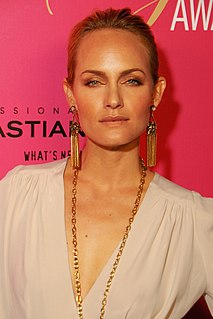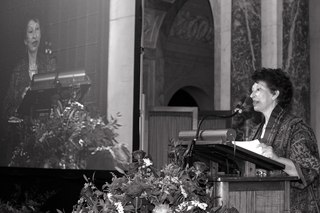A Quote by Rebecca Traister
Women's roles in the movies remain, for the most part, girlfriends, mothers, wives.
Quote Topics
Related Quotes
It's a whole nother aspect of this life that most people have no idea about. There's the loved ones, the wives, the girlfriends, the children. Some of the people out here are fathers and mothers. Whether you mean to or not, you end up neglecting your family in a lot of ways. Even if you do your best to keep in touch, the fact of the matter is that you're physically absent.
Unless you burst into movies as a sex goddess, you're likely to play wives and mothers. I came into movies as a teenager in 'They Shoot Horses, Don't They' (1969) playing a pregnant waif from the Ozarks. I didn't get a chance to burst into movies in 'Body Heat.' My career isn't based on having a 23-inch waist and a big bust, though I do.
I would like especially to mention you, the women, wives and mothers of Paraguay, who at great cost and sacrifice were able to lift up a country defeated, devastated and laid low by an abominable war. God bless your perseverance, God bless and encourage your faith, God bless the women of Paraguay, the most glorious women of America.
To understand the fanatic rejection of women's liberation in the Muslim world, one has to take into account the time factor. Most of us educated women have illiterate mothers. The conservative wave against women in the Muslim world is a defense mechanism against profound changes in both sex roles and the touchy subject of sexual identity.
Ideas about mothers have swung historically with the roles of women. When women were needed to work the fields or shops, experts claimed that children didn't need them much. Mothers, who might be too soft and sentimental, could even be bad for children's character development. But when men left home during the Industrial Revolution to work elsewhere, women were "needed" at home. The cult of domesticity and motherhood became a virtue that kept women in their place.




